Labour's Triumphant Comeback
The political landscape of the United Kingdom is set to experience a seismic shift as the Labour party prepares for a historic victory in the 2024 general election. According to the exit polls, Labour is anticipated to capture 410 of the 650 seats in the House of Commons, ushering in one of the largest majorities the party has ever achieved. This remarkable result signals a dramatic turnaround for Labour, which has been in opposition since 2010. The anticipated win underscores the public's growing demand for change after years of Conservative leadership.
The man of the hour, Keir Starmer, the Labour leader and former public prosecutor, is poised to become the next Prime Minister. Starmer's rise to power is notable, having meticulously rebuilt Labour's image and crafted policies that resonate with the electorate. His journey from the shadow Brexit minister under Jeremy Corbyn to the leader of the opposition has been marked by a focus on integrity, clarity, and actionable plans, which have evidently paid off.
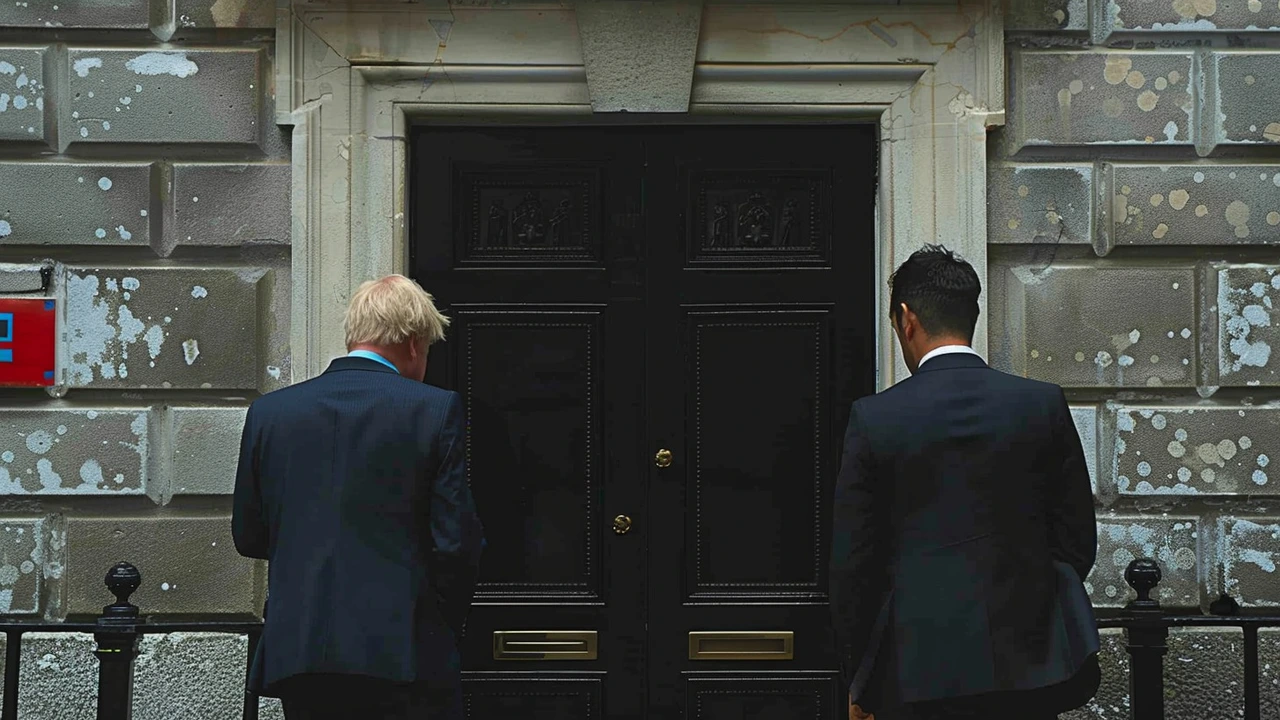
The Conservative Party's Historic Loss
On the flip side, the Conservative party finds itself in disarray, facing an unprecedented electoral defeat. Exit polls suggest that the Conservatives, led by Rishi Sunak, will secure merely 131 seats. If these projections hold true, this would be the party's worst showing since at least 1918. The election results reflect a broad discontent with the Conservative government's handling of various crises over the past five years.
Under Sunak's leadership, the party struggled to regain public trust marred by the fallout of the COVID-19 pandemic, the economic ramifications of the war in Ukraine, and the burden of high inflation. The frequent changes in the party leadership, with three Prime Ministers in just five years and two marred by major scandals, have further eroded confidence. The exit polls indicate that despite efforts to stabilize and revitalize the party, the electorate was ready for a substantial change in governance.
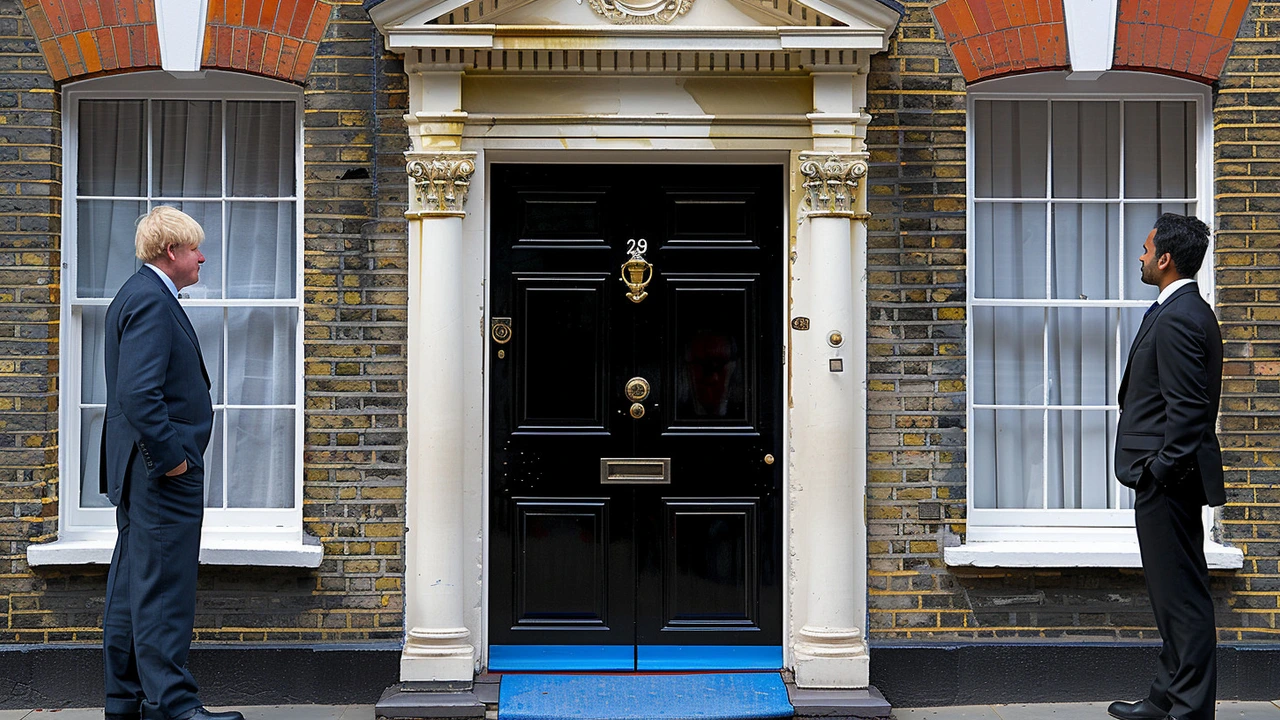
As the dust settles, Keir Starmer's impending premiership brings with it both optimism and caution. One of the critical queries surrounding the new government is its approach to Brexit. Although Starmer has ruled out rejoining the EU's single market, customs union, or reintroducing free movement of people, his administration is anticipated to foster warmer relations with the EU in specific policy areas.
Starmer's familiarity with Brexit negotiations, stemming from his former role as shadow Brexit minister, provides him with a nuanced understanding of the complexities involved. This experience is expected to guide his diplomatic engagements with the EU, aiming for collaborative yet distinct policies that align with contemporary UK interests. Additionally, his focus on domestic issues such as public health, education, and economic stability are likely to dominate his early tenure, addressing critical areas where the previous government fell short.
The Emergence of Reform Party
Another intriguing outcome of the election is the rise of Nigel Farage and his Reform party. Farage, a stalwart of the Brexit movement, is predicted to win around 13 seats, potentially stepping into the role of a Westminster lawmaker for the first time. This development adds a new dimension to the parliamentary dynamic, with the Reform party possibly influencing debates and policies, particularly those revolving around Brexit and immigration.
Farage’s presence in Parliament could serve as a counterbalance to the larger parties, offering alternative perspectives and pushing for reforms aligned with his political vision. The entrance of the Reform party into the Commons underscores a diversified political landscape, resonating with segments of the population seeking more radical changes than those proposed by the traditional parties.
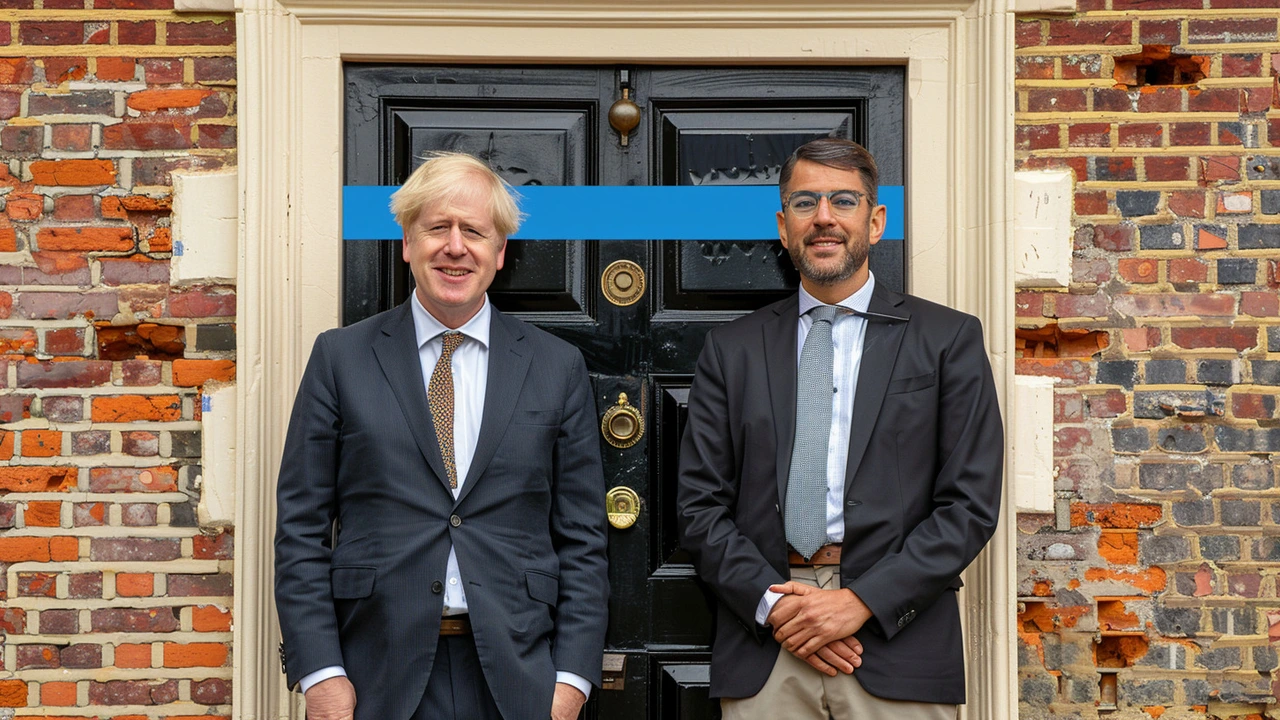
Looking Ahead
The 2024 UK general election marks a pivotal juncture in British politics. The Labour party's sweeping victory under Keir Starmer represents the electorate's call for a distinct departure from the status quo. As Starmer prepares to assume office, there is cautious optimism about the potential for renewed stability and progressive policies addressing the nation's pressing issues.
The Conservative party, facing a period of introspection and rebuilding, must navigate its way out of one of its deepest electoral slumps. Rishi Sunak’s future as the party leader hangs in the balance, with speculation rife about potential resignations and leadership contests. The pathway to regaining public trust and political relevance will be fraught with challenges, necessitating strategic recalibration and renewed focus on the core values that historically defined the party.
Meanwhile, the emerging presence of the Reform party adds a fresh layer of complexity and dynamism to parliamentary proceedings. The coming months will reveal how effectively Farage and his colleagues can leverage their newfound positions to shape policy and influence national discourse.
As the UK stands on the threshold of this new political era, the implications of the 2024 election will reverberate through both domestic and international arenas. The promise of a more engaged and constructive relationship with the EU, coupled with the need to address internal economic and social challenges, sets the stage for a transformative period in British history.




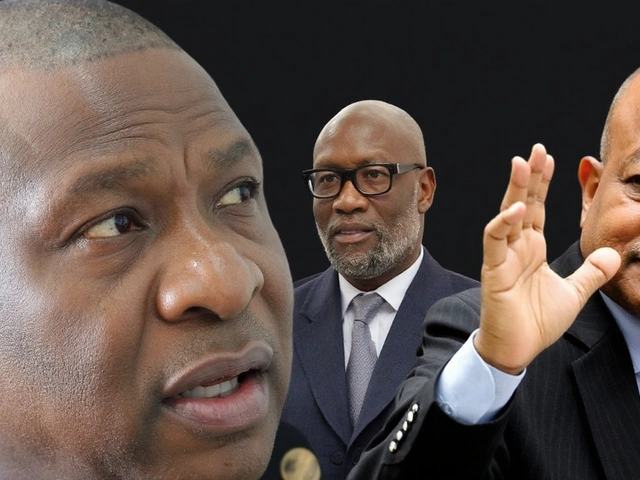


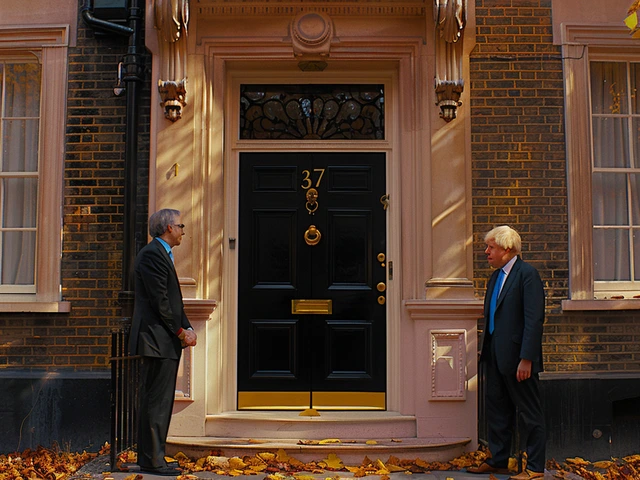
Vipul Kumar
July 5, 2024 AT 19:17Labour's win is a clear signal that voters are craving a fresh direction. The new majority should focus on affordable housing and green jobs. It's also a chance to reevaluate the education system for the future workforce. If they manage to deliver on these promises, we could see a more inclusive economy.
Priyanka Ambardar
July 5, 2024 AT 21:30India has watched this drama unfold with interest 😤. The British public deserves a party that puts its people first, not just endless tax hikes. A strong Labour government will finally bring the stability the UK needs 😡.
sujaya selalu jaya
July 5, 2024 AT 23:43The shift in power could reshape policies on health and education
Ranveer Tyagi
July 6, 2024 AT 01:57Wow, what a turnaround! Labour's strategy, with its focus on workers' rights, community health, and climate action, is clearly resonating, and the numbers prove it-410 seats, that's massive! The Conservatives, on the other hand, seem stuck in a perpetual loop of scandals, policy flip-flops, and economic missteps, which obviously didn't sit well with voters. If Labour can keep this momentum, we might finally see a government that actually listens to everyday people, not just the elite few!!!
Tejas Srivastava
July 6, 2024 AT 04:10Oh boy, the drama! The Tories are waving the white flag while Labour rides in like a superhero, cape fluttering in the wind! This is the political thriller we never knew we needed. Hold onto your hats, folks, it's about to get wild!
JAYESH DHUMAK
July 6, 2024 AT 06:23It is evident that the electorate has engaged in a comprehensive evaluation of the competing platforms, weighing the historical performance of the governing coalition against the proposed policy directives of the opposition. The data from exit polls indicate a decisive shift toward a redistribution of parliamentary representation, culminating in a projected figure of 410 seats for the Labour Party. This outcome reflects a confluence of factors, including but not limited to public dissatisfaction with fiscal policy, perceived inadequacies in pandemic response, and concerns over international security commitments. Moreover, the leadership style of Keir Starmer, characterized by measured rhetoric and a focus on procedural integrity, appears to have resonated with a broad cross‑section of voters seeking stability and clarity. Conversely, the Conservative Party's decline can be associated with internal volatility, frequent changes in ministerial appointments, and a series of policy reversals that eroded public trust. The cumulative effect of these dynamics suggests a demand for renewed emphasis on social welfare programs, infrastructural investment, and climate‑focused legislation. In addition, the statistic of 131 seats for the Conservatives underscores a historic low, prompting speculation regarding the long‑term viability of traditional centre‑right platforms within the UK political spectrum. Historical precedents demonstrate that such substantial electoral setbacks often precipitate internal reorganization and ideological recalibration. Scholars may yet analyze whether this shift heralds a permanent transformation or a temporary corrective measure. The impact on future legislative agendas, particularly concerning taxation, education reform, and healthcare funding, will undoubtedly be profound. Finally, the broader implications for international relations, trade negotiations, and the United Kingdom's position within the European context merit close observation as the new government assumes office.
Santosh Sharma
July 6, 2024 AT 08:37Congratulations to the British people for embracing change. This is the energy needed to drive progress forward.
yatharth chandrakar
July 6, 2024 AT 10:50While the numbers are striking, it's essential to scrutinize the policy details before celebrating. Labour must articulate how they intend to balance fiscal responsibility with social investment. Any vague promises could lead to disillusionment later.
Vrushali Prabhu
July 6, 2024 AT 13:03Wow, this is a bige stirr! Labour's win is like a bright new sunrise over the UK skylne. Hope the govrnment will keep the promises and bring many good things for all the peple.
parlan caem
July 6, 2024 AT 15:17The victory is nothing but a dumb mistake. Voters clearly lack judgment, and Labour will just crumble under its own incompetence.
Mayur Karanjkar
July 6, 2024 AT 17:30Meta‑political realignment underscores systemic disequilibrium within the Westminster paradigm.
Sara Khan M
July 6, 2024 AT 19:43Another day, another political circus 🤡. Hope the new leaders actually get stuff done! 🙏
shubham ingale
July 6, 2024 AT 21:57New start, let’s stay hopeful! 🚀
Ajay Ram
July 7, 2024 AT 00:10From a cultural perspective, this shift may herald a re‑examination of national identity narratives, prompting dialogues that bridge historical legacies with contemporary aspirations. It is an invitation for citizens to engage with the evolving story of their nation, fostering a sense of collective ownership over the direction of policy and societal values.
Dr Nimit Shah
July 7, 2024 AT 02:23Our great nation deserves leadership that upholds tradition while embracing progress. Labour’s ascent offers a chance to blend respect for heritage with forward‑thinking policies.
Ketan Shah
July 7, 2024 AT 04:37The political landscape is certainly evolving, and it will be interesting to see how policy frameworks adapt to public expectations. One wonders about the long‑term implications for international cooperation.
Aryan Pawar
July 7, 2024 AT 06:50Excited for the change hope it brings
Shritam Mohanty
July 7, 2024 AT 09:03Don't be fooled by the mainstream narrative – this so‑called victory is part of a larger agenda to distract us while hidden powers tighten their grip. Look at the funding sources, the media spin, and the timing; it’s all too convenient.